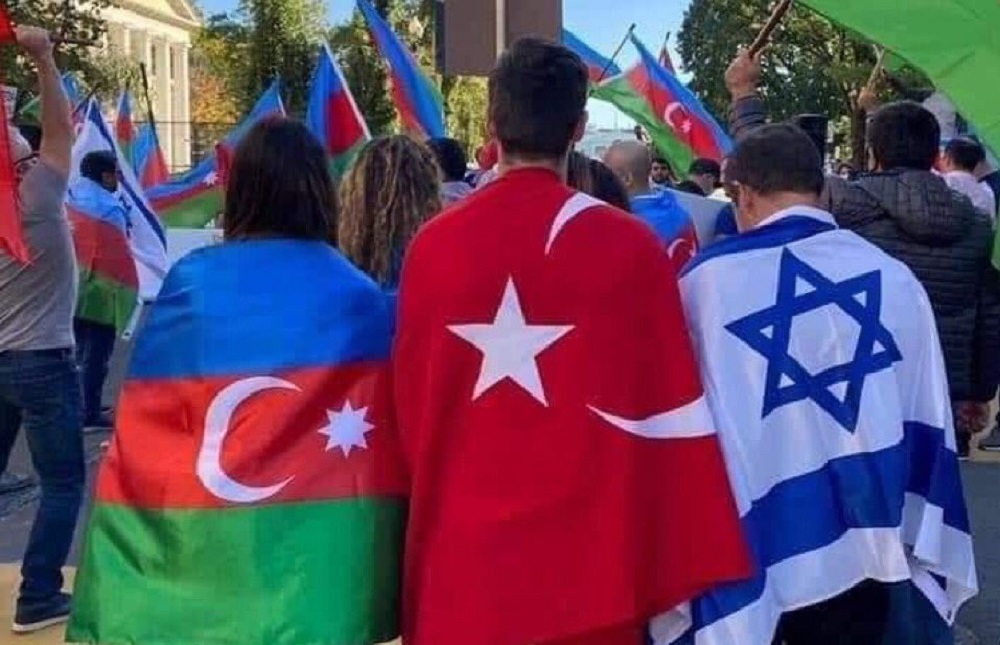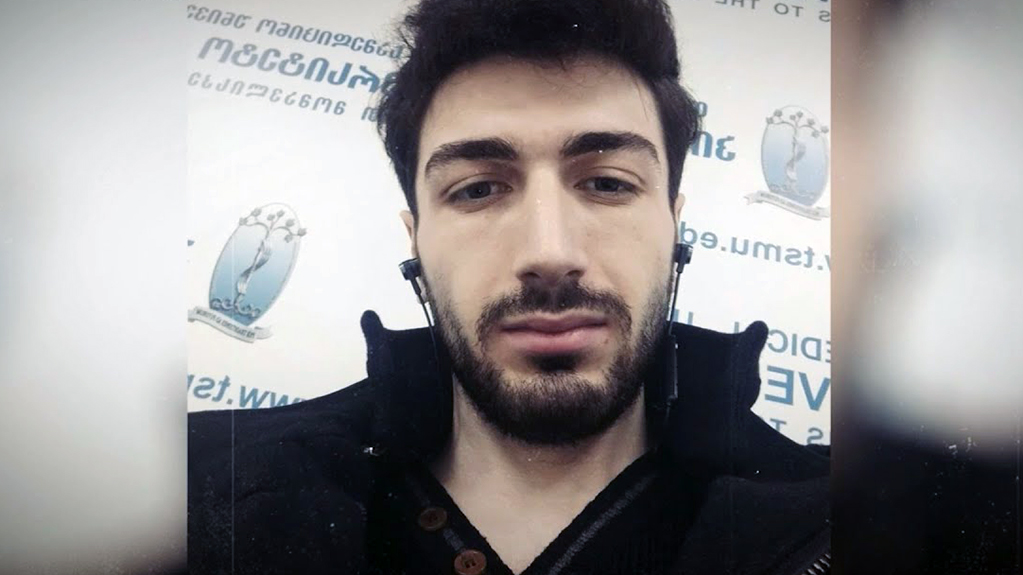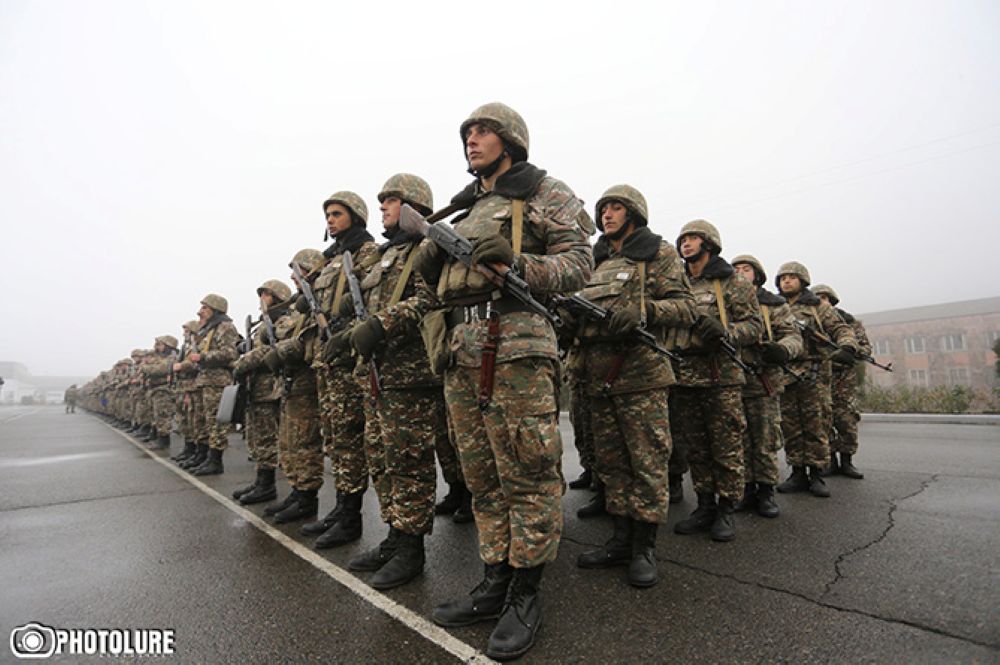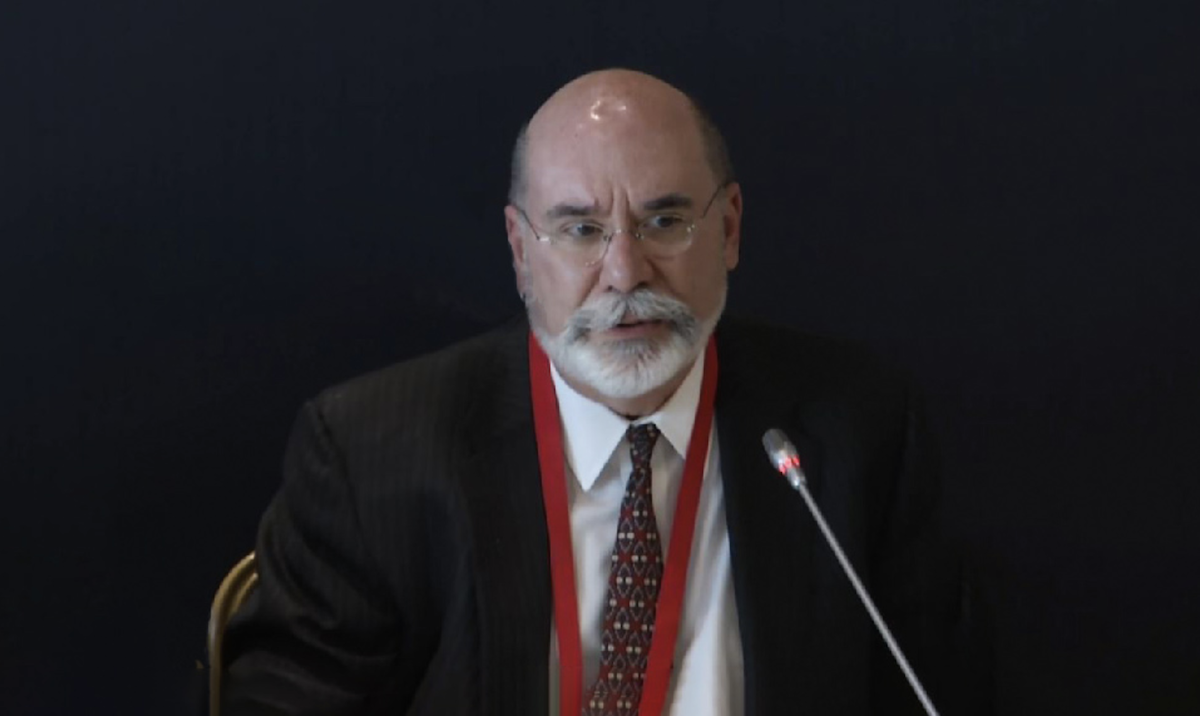Tensions between Israel and Turkey spill over to Azerbaijan again
Azerbaijan and Turkey-Israel tensions
Turkey’s President confirmed that he denied Israel’s president access to Turkish airspace for a flight to Baku to attend COP29. An Azerbaijani analyst interprets Ankara’s move as a response to Baku’s stance on Israel, which diverges significantly from Turkey’s position. “That said, Turkey could have handled this differently, especially on a matter as sensitive for Azerbaijan as the level of representation at COP29,” political commentator Ahmed Alili stated.
- Boat tours resume on Baku boulevard after two-year pause
- Systematic election violations in Georgia aimed to secure ruling party victory, say local NGOs
- Opinion: Armenia faces challenge if EU observers leave without security guarantees
What happened?
Israeli President Isaac Herzog was scheduled to visit Baku on November 19 to attend the UN Climate Conference COP29.
However, on November 17, Herzog’s visit was cancelled “for security reasons,” according to the president’s office, which did not provide further details.
“In light of the situation assessment and for security reasons, the President of the State of Israel decided to cancel his trip to the climate conference in Azerbaijan,” the official statement read.
As the host country, Azerbaijan stated that the real reason for the cancellation of the Israeli president’s visit was Turkey’s refusal to allow the Wing of Zion aircraft to pass through its airspace.
“Unfortunately, several days of intensive negotiations through diplomatic channels yielded no results. Azerbaijan has created all the necessary conditions for the participation of all parties in the climate conference. However, the situation surrounding the Israeli president’s visit arose due to reasons beyond our control,” a representative of Azerbaijan’s Ministry of Foreign Affairs told journalists.
“We denied him access to our airspace”
Turkish President Recep Tayyip Erdoğan confirmed that he denied the Israeli president’s plane access to Turkish airspace for a flight to Baku.
“We have cut trade ties with Israel and did not allow it to use our airspace,” Erdoğan said during a press conference at the G-20 summit in Brazil.
“As you know, we have completely severed trade ties with Israel. Regarding the Israeli president’s visit to Azerbaijan for the COP-29 summit, we did not allow him to use our airspace,” Erdoğan clarified.
He added that President Herzog had other routes available to reach Baku.
“Turkey is obligated to demonstrate its position on a number of issues, and we will do so,” he said.
It is worth noting that Israeli ministers who traveled to Baku used commercial flights via Georgia.
Meeting between Turkish and Israeli intelligence chiefs
On November 19, Ronen Bar, the head of Israel’s Shin Bet security service, visited Turkey for a meeting with İbrahim Kalın, the head of the National Intelligence Organization.
The meeting was reported by The Times of Israel.
According to the newspaper, the intelligence chiefs discussed efforts to resume ceasefire talks in Gaza and the possibility of Ankara facilitating these efforts.
Earlier, an unnamed Arab official told The Times of Israel that members of the leadership of the radical Palestinian group Hamas were currently in Turkey.
Official Ankara, however, denied allegations about Hamas’s Politburo relocating to Turkey. The Turkish Foreign Ministry stated that these accusations were unfounded.
Expert commentary
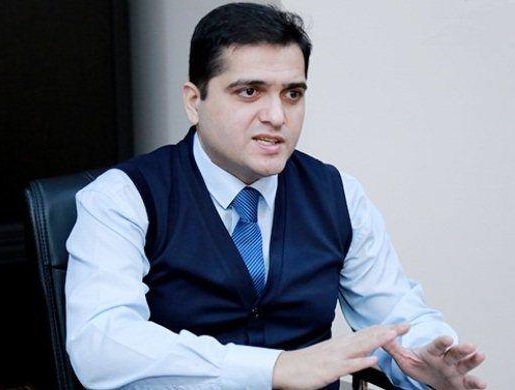
Head of the Atlas Research Center, Elkhan Shahinoglu, points out that the tension in Turkish-Israeli relations has once again affected Azerbaijan:
“The President of Israel was unable to attend the COP29 event held in Baku because Turkish airspace is closed to Israeli planes. However, given that the Israeli side was aware in advance of Turkey’s airspace restrictions, the Israeli leader could have participated in the Baku event by using alternative routes through other countries, even if it meant a longer journey.”
The recent incident has clearly demonstrated that the tension in Turkish-Israeli relations has also affected Azerbaijan.
Meanwhile, a recent example of the information war between Israel and Turkey has also drawn attention. Reports claim that the political leadership of Hamas was forced to leave its headquarters in Doha, the capital of Qatar, due to internal disagreements. Israeli media quickly reported that Hamas had relocated its office to Turkey. While this sparked widespread discussions, Turkey’s Foreign Ministry stated that these claims were unfounded.
“This ongoing conflict between the two countries shows no sign of subsiding. The sooner it ends, the better it will be for Azerbaijan,” he concluded.
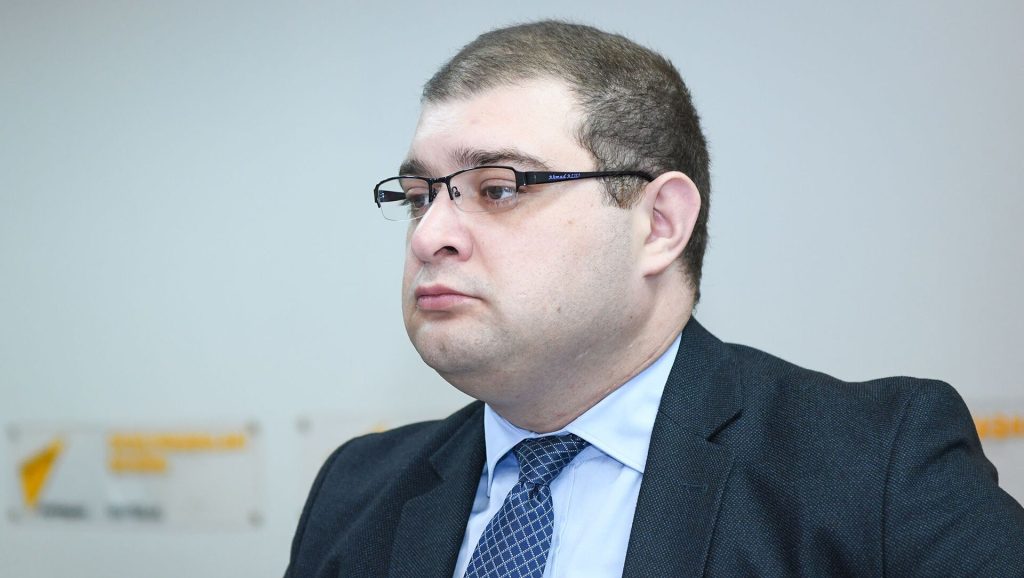
Turkey could have handled a sensitive issue for Azerbaijan, such as the level of representation at COP29, differently, political analyst Ahmed Alili noted in an interview with Turan outlet.
“Of course, this situation has raised certain questions about Turkish-Azerbaijani relations. However, Azerbaijan’s position on Israel has always been distinct. Azerbaijan’s foreign policy is often criticized—for instance, the European Union and the United States accuse Azerbaijan of being overly dependent on Russia. After the 2020 Karabakh war, Azerbaijan’s foreign policy was accused of complete reliance on Turkey.”
Azerbaijan’s foreign policy on Israel, Kosovo, and several other issues differs from Turkey’s, and in some cases, Azerbaijan has taken positions contrary to Turkey’s preferences. This demonstrates the independence of Azerbaijan’s foreign policy.
It is possible that Ankara has taken note of Azerbaijan’s independent stance on issues related to Israel and decided to assert its own independent position, even if it runs counter to Azerbaijan’s. In reality, this is a standard practice.
That said, I believe Ankara could have acted differently on such a sensitive matter for Azerbaijan, such as the level of representation at COP29 and the arrival of global leaders in Azerbaijan.”
Azerbaijan and Turkey-Israel tensions











